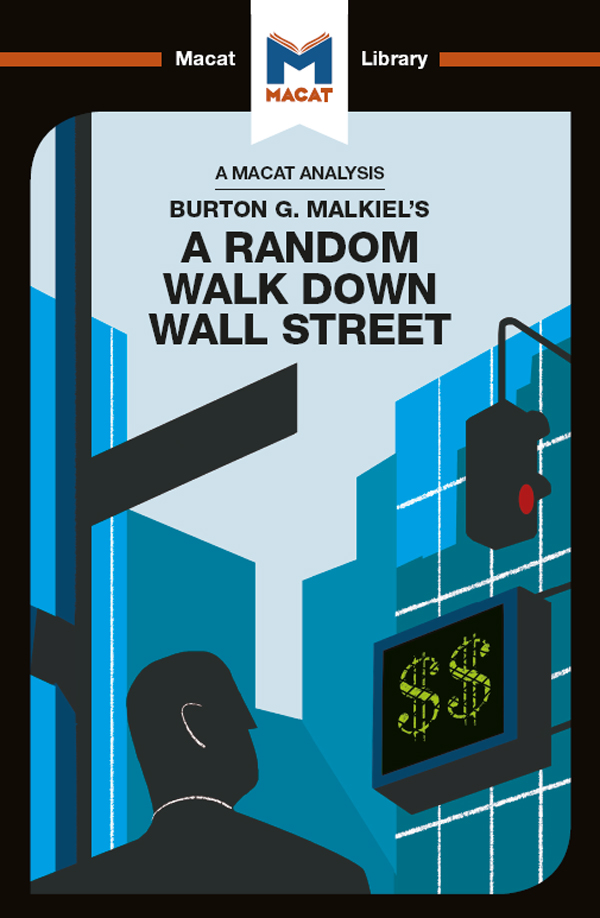Burton Malkiel’s 1973 A Random Walk Down Wall Street was an explosive contribution to debates about how to reap a good return on investing in stocks and shares. Reissued and updated many times since, Malkiel’s text remains an indispensable contribution to the world of investment strategy - one that continues to cause controversy among investment professionals today. At the book’s heart lies a simple question of evaluation: just how successful are investment experts? The financial world was, and is, full of people who claim to have the knowledge and expertise to outperform the markets, and produce larger gains for investors as a result of their knowledge. But how successful, Malkiel asked, are they really? Via careful evaluations of performance - looking at those who invested via ’technical analysis’ and ‘fundamental analysis’ - he was able to challenge the adequacy of many of the claims made for analysts’ success. Malkiel found the major active investment strategies to be significantly flawed. Where actively managed funds posted big gains one year, they seemingly inevitably posted below average gains in succeeding years. By evaluating the figures over the medium and long term, indeed, Malkiel discovered that actively-managed funds did far worse on average than those that passively followed the general market index. Though many investment professionals still argue against Malkiel’s influential findings, his exploration of the strengths and weaknesses of the argument for believing investors’ claims provides strong evidence that his own passive strategy wins out overall.












